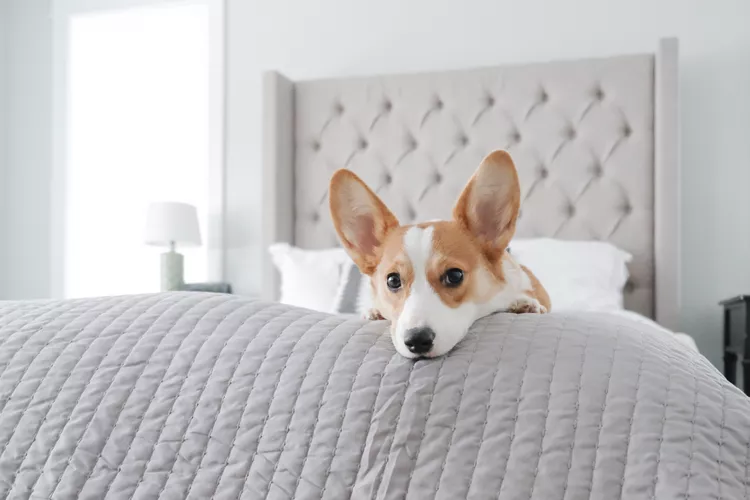
If your dog is peeing on your bed, you are likely beyond frustrated. Dog urine can ruin your bed. Plus, if you don't use a urine detector to find and clean the stain, the scent may attract your dog, and they might just pee again.
Your bed is appealing, soft, absorbent, and smells like you. Naturally, your dog wants to spend a lot of time there. Many people think that dogs pee on their owners' beds as an act of dominance or rebellion. However, the reasons may be more complicated than this.
Why does your dog pee on your bed? What can be done about it? Is it happening all of a sudden? The first step to solving this problematic behavior is to determine the cause for it. You may need to visit your veterinarian for help with inappropriate urination, but you also have some at-home options.
There are several possible reasons your dog is peeing on your bed. It's important to begin by ruling out medical causes before you try to address potential behavioral problems.
Urinary tract infections commonly cause dogs to have urinary accidents. Your vet may need a urine sample to run a urinalysis. If your dog does have a UTI, antibiotics will be needed to clear it up. Other issues with the urinary tract can make it difficult for dogs to control bladder activity.
Other possible urinary problems seen in dogs include cystitis (inflammation of the bladder), crystals in the urine, bladder stones, structural abnormalities, kidney disease, and even tumors. Most urinary issues can be treated with medications, supplements, or diet changes. In more extreme cases, issues like bladder stones may require surgery.
Certain diseases like diabetes and Cushing's disease can affect the urinary tract, as well.
Dogs with urinary incontinence will leak urine involuntarily. This may occur only while the dog is asleep, but some dogs with incontinence will dribble urine while they are awake as well. Incontinence is relatively common in senior dogs, but certain conditions can cause incontinence in young dogs, as well. Hormone-responsive urinary incontinence is not uncommon in female dogs and may even affect males, though more rarely. Fortunately, medications are available to help.
Is your dog fully housetrained? Some dogs will appear to be mostly housetrained but then will find a favorite place to relieve themselves indoors. This may be your bed! If you think housetraining is the issue, then it's time to work more with your dog on training.
Excitement urination is common in younger dogs. They tend to dribble some urine when they are overly excited or are put in a submissive position. Many dogs grow out of this behavior, but some will need training if it continues into adulthood.
Fear, stress, and anxiety can all cause a dog to urinate inappropriately. Changes to your dog's environment may explain sudden stress. However, underlying medical conditions also cause stress to your dog. Rule out health problems first, then try to reduce your dog's stress as much as possible.
Some dogs are more territorial than others. Many like to mark their territory with urine. However, when they do this to your bed, it becomes a major problem for you. Territorial marking can be minimized through training and behavior modification.
If your dog has been peeing on your bed, you should first contact your veterinarian. Your vet will likely want to perform a physical examination and collect a urine sample for a urinalysis. Additional lab tests and even radiographs (X-rays) may be needed in some cases. Your veterinarian will discuss a treatment plan with you based on the findings.
If your vet rules out all potential medical reasons for your dog's inappropriate urination, then it's time to work on correcting the behavior.
First, assess your dog's environment. Have there been any changes that could be causing stress? Events like moving, the birth of a baby, the addition or subtraction of a pet or family member, and even your own life stress can cause your dog to become stressed, fearful, or anxious. An anxious or fearful dog is unable to learn new things, so you will need to reduce stress before you work on training. Your vet may be able to help with anti-anxiety medications or supplements.
When training your dog to stop peeing on your bed, you must first restrict access to your bed when you are not around. Keep the bedroom door closed while you are gone. If needed, keep your dog in a crate when you're gone. When you are home, be sure to take your dog outside for pee breaks frequently. Only allow your dog to get on the bed when you are on the bed.
If your dog begins to urinate somewhere else that is inappropriate, then the crate is the best place for him when you are gone. Take your dog out to pee as soon as you get home. Then, take him out again every time he eats, drinks, or wakes up. Reward him for urinating outdoors, but do not punish him for urination inappropriately. If you catch your dog in the act of peeing in the bed or somewhere else inappropriate, interrupt him with "uh oh" or "no," then immediately bring him outside to finish.
Training to correct inappropriate urination can take time and may become frustrating. Seek help from a dog trainer or animal behaviorist if you are not seeing good results.
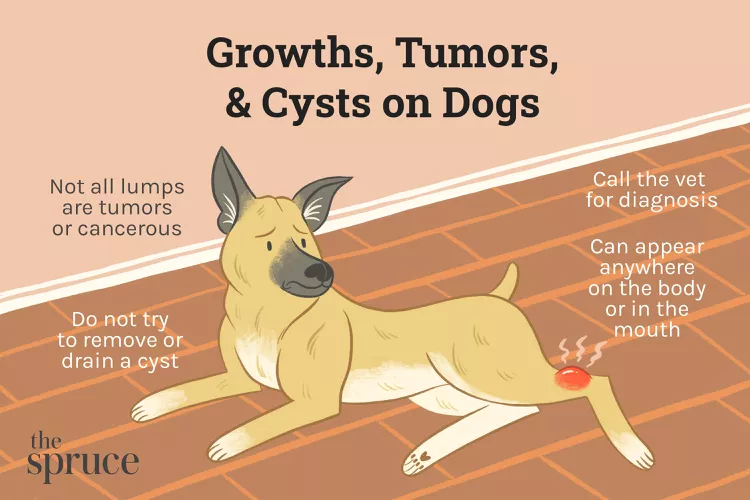
Tumors, Growths, and Cysts in Dogs
Tumors, lumps, growths, or cysts are commonly found on dogs. Learn the causes, treatments, and preventative measures.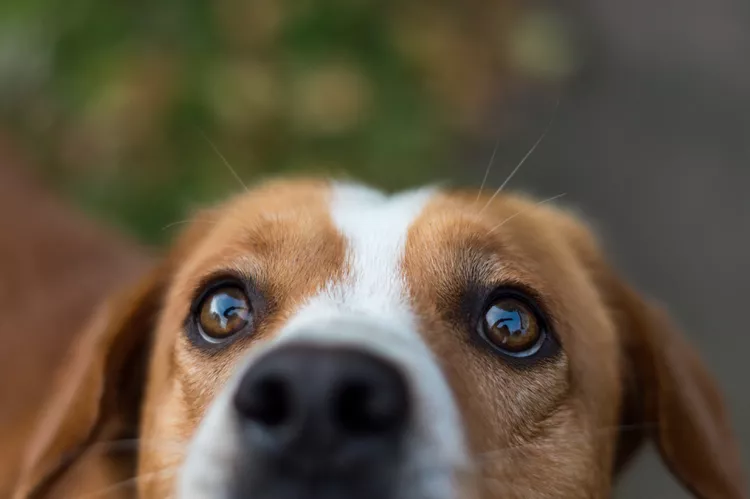
Eye Injuries and Infections in Dogs
Dogs can suffer eye injuries that range from mildly irritating to serious medical emergencies. Learn the causes, treatment, and prevention.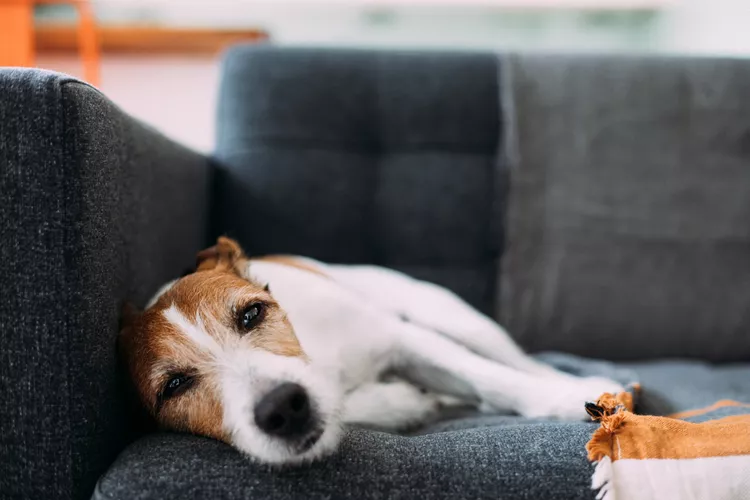
Vestibular Disease in Dogs
Vestibular disease affects a dog's balance and eye movements. Find out about the signs, causes, and treatment of vestibular disease in dogs.
Is Acetaminophen Safe for Dogs?
Acetaminophen is used by humans for pain and fever relief, but is it safe for dogs? Here's what you need to know before giving your dog acetaminophen.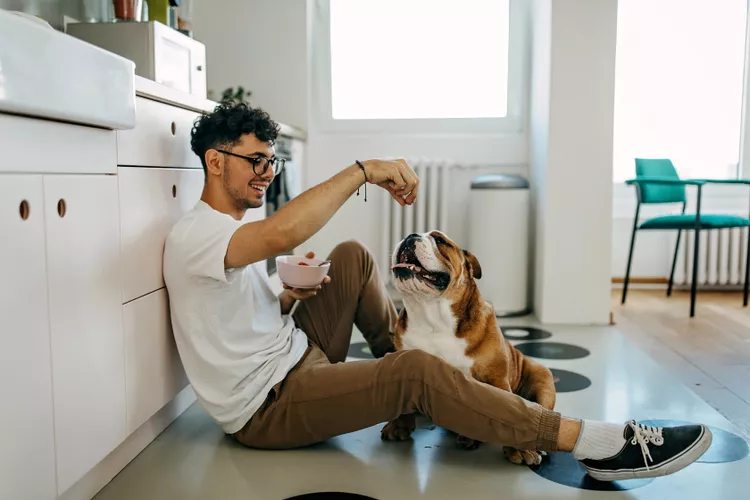
Can Dogs Eat Zucchini? Everything to Know About This Hardy Summer Squash
Zucchini is a nutritious food that's safe for dogs to eat in moderation. This low-calorie, high-fiber vegetable can be incorporated as a healthy treat in a dog's balanced diet. Learn more about its health benefits, potential risks, and how to prepare it.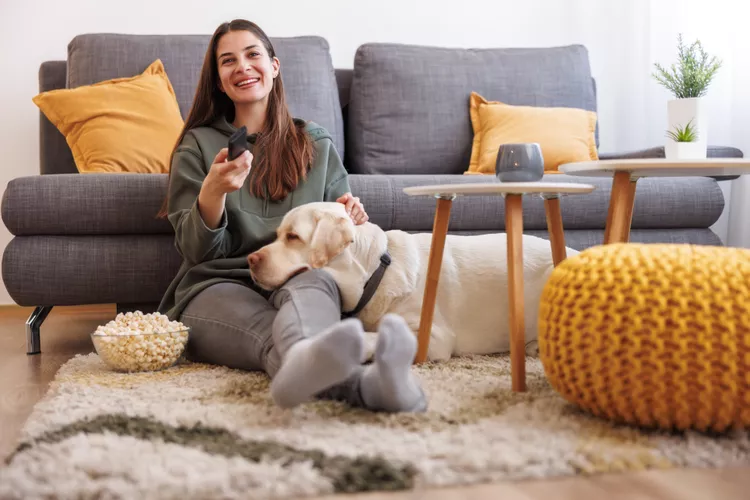
Can Dogs Eat Popcorn? What You Need to Know for Movie Night
Dogs can eat popcorn, but there are safety concerns. Find out how to safely feed your dog popcorn and what you should do if you're concerned.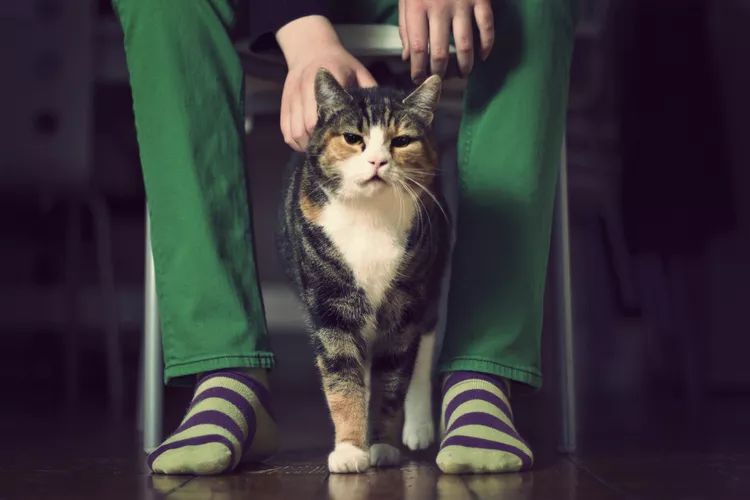
65 Irish Cat Names
Irish cat names can pay homage to historical places, local cuisine, famous Irish actors and musicians, or other wonderful aspects of the Emerald Isle.
46 Egyptian Cat Names
Whether inspired by notable Egyptian deities, locales, or pharaohs, Egyptian cat names can bring out the divinity of your noble feline companion.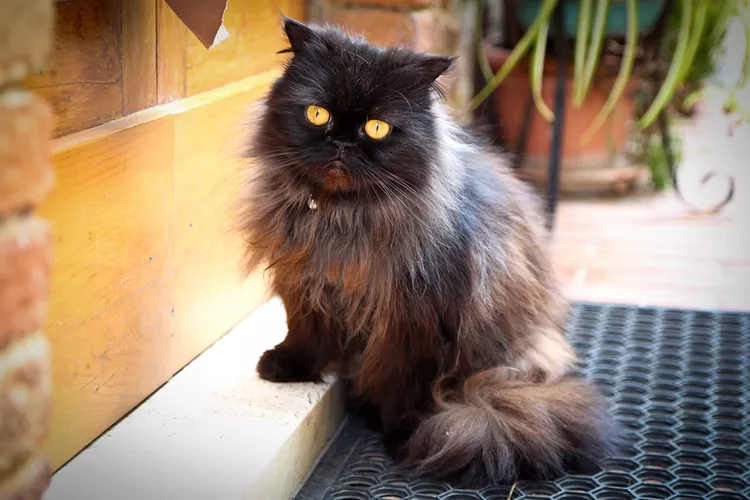
Are Ant Traps Safe for Cats?
Here's how to know if ant traps are safe for cats and how to keep yours free from harm if you have an ant problem.
The 6 Best Cat Nail Clippers of 2024 for a Safe Trim
Clipping your cat's nails can save your furniture and keep your kitty comfortable. We asked veterinarians for their cat nail clipper recommendations.
Is Neosporin Safe for Cats?
A brief summary of concerns a cat owner should be aware of before putting Neosporin on their cat, plus tips for things they can use at home instead.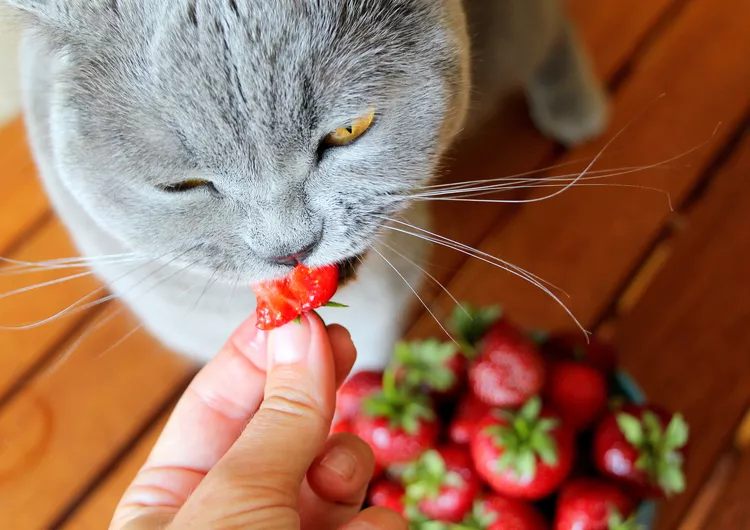
Can Cats Eat Strawberries? How to Safely Share This Summer Berry
Although cats are primarily meat eaters, strawberries may be an interesting and tasty snack for your feline friend. Find out the risks of feeding strawberries to cats and how to safely let your cat enjoy this fruit.
Cute Pictures & Facts About Calico Cats & Kittens
Learn fascinating facts about calico cats, including photos, the genetics behind this color combination, and common folklore and traditions.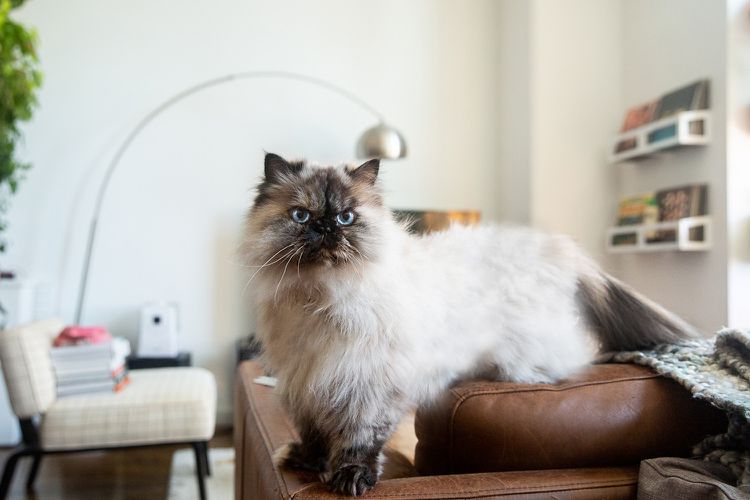
12 Most Popular Cat Breeds for Feline Lovers
These 12 cat breeds, like the Siamese and Sphynx, are known for their unique appearances and personalities. Learn what makes them so popular.
Balinese: Cat Breed Profile, Characteristics & Care
The Balinese cat is playful, sociable, elegant, intelligent, and a touch on the vocal side. Learn about the Balinese, including appearance, temperament, health, and care needs.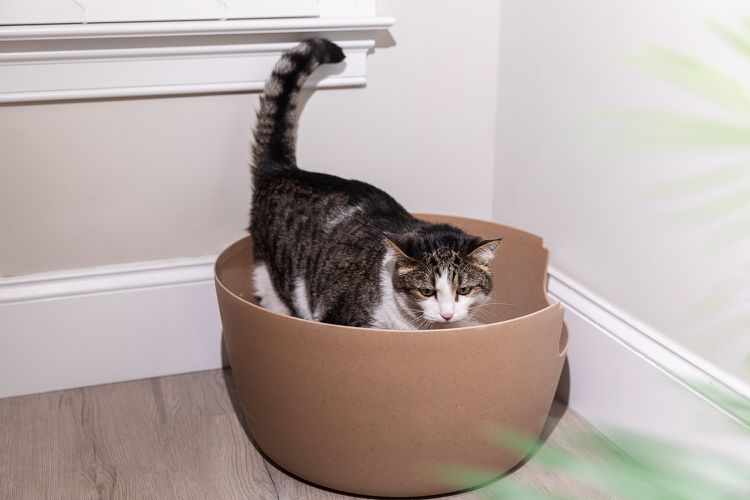
Why Cats Don't Always Cover Their Poop
Cats may not cover their poop for a few different reasons, including being territorial, sending a message to their owner, and not liking the litter.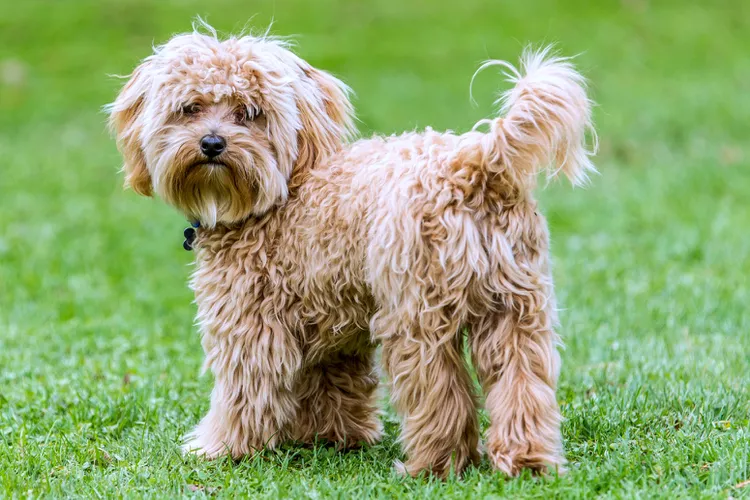
Cavapoo: Dog Breed Characteristics & Care
The Cavapoo is a hybrid of the Cavalier King Charles spaniel and a toy or miniature poodle. Learn why these teddy-bear-looking dogs make the perfect addition to your family.
Why Dogs Eat Poop and How to Stop Them
Is your dog eating poop? Some dogs do this because of stress or illness. Learn how to prevent stool eating, or coprophagia, in dogs.
Can Dogs Get Depression? How to Help Your Sad Dog
Can dogs get depression? Learn about the signs of depression in dogs and find out how to help your sad dog.
4 Reasons Why Your Dog Licks Their Butt
Butt-licking in dogs can be a part of normal grooming, but excessive butt-licking is not normal. Read about the most common reasons for this behavior.